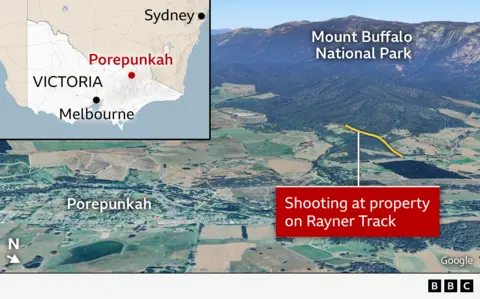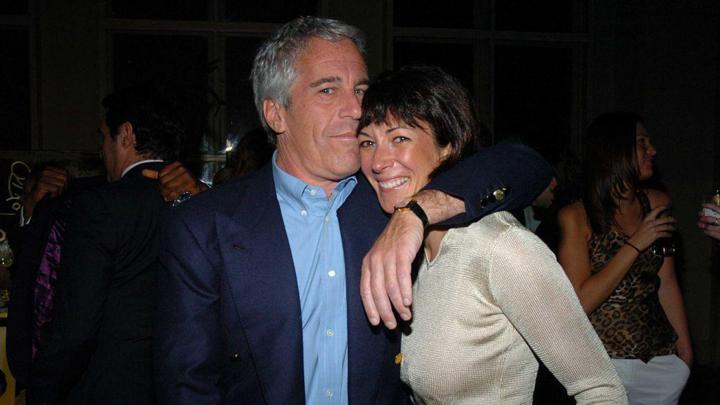As many as six candidates for Germany's far-right AfD have died in recent weeks ahead of local elections in the big western state of North Rhine-Westphalia.
Police have made it clear that there is no evidence of foul play in the deaths, but it means that new ballots will have to be printed and some postal voters will have to recast their ballots.
North Rhine-Westphalia has a population of 18 million, and around 20,000 candidates will run for office in its local elections on September 14.
The number of deaths has nevertheless raised questions on social media, and the state's interior ministry noted that candidates from other parties, such as the Greens and the Social Democrats, have also died.
The AfD made headlines after becoming Germany's second-largest party in February's federal elections, expanding its influence from its eastern stronghold into western regions.
Initial reports indicated that four candidates had died, with later news confirming two reserve candidates. This led to a surge of conspiracy theories online.
AfD co-leader Alice Weidel contributed to the speculation by endorsing a claim that the number of candidate deaths was statistically almost impossible. Meanwhile, Kay Gottschalk, a senior member of the party in North Rhine-Westphalia, called for a careful review without jumping to conclusions, acknowledging the emotional impact on the families involved.
Referring to the nature of the deaths, police stated that the initial four deaths were due to natural causes or not revealed for reasons of family confidentiality. The two additional recent deaths have been characterized similarly.
Amid these rumors, the AfD is striving for significant results in North Rhine-Westphalia's local elections, viewed as a marker for public response to the recently established federal government.
In May 2022, the AfD secured only 5.4% of votes in previous state elections. However, in federal elections, it garnered 16.8%, and current polls indicate it could replicate or surpass these figures.
Notably, the AfD's rise has garnered support from American right-wing figures, including Elon Musk, who has vocally backed their immigration policies, creating further international attention on the party.




















